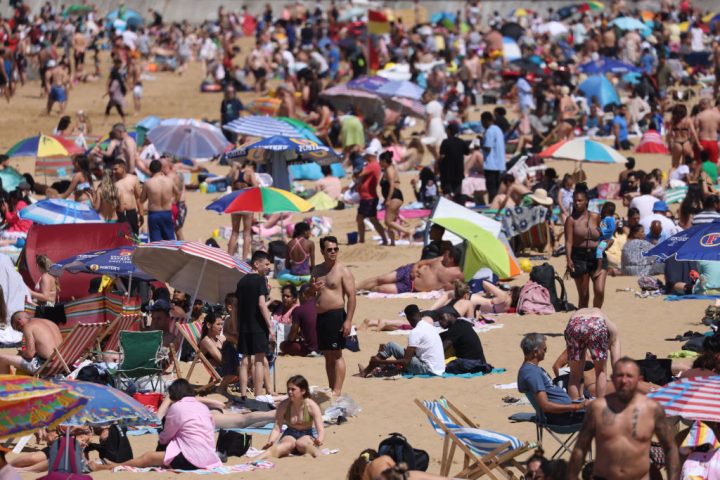Another week, another extravagant claim for climatic doom goes unchallenged. Speaking on the Today programme on Wednesday morning, Dale Vince – the founder of Electrocity and donor to both Don’t Stop Oil and the Labour party – asserted: ‘40,000 people across Europe died from excess heat last summer. That’s part of the climate crisis.
Already a subscriber? Log in
Subscribe for just $2 a week
Try a month of The Spectator Australia absolutely free and without commitment. Not only that but – if you choose to continue – you’ll pay just $2 a week for your first year.
- Unlimited access to spectator.com.au and app
- The weekly edition on the Spectator Australia app
- Spectator podcasts and newsletters
- Full access to spectator.co.uk
Or





















Comments
Don't miss out
Join the conversation with other Spectator Australia readers. Subscribe to leave a comment.
SUBSCRIBEAlready a subscriber? Log in